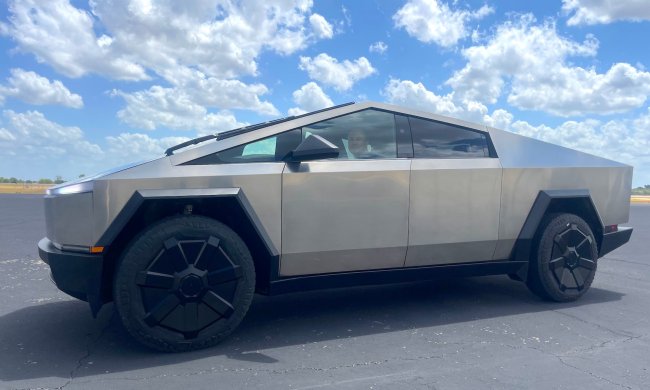The average home uses around 908 kWh of electricity each month, with more consumption in the warmer months. Of that consumption, heating and cooling alone comprise about 300 kWh. When the average person spends one-third of their utility bill on keeping their home comfortable, it attracts attention. Elon Musk, the founder of SpaceX and Tesla, hinted at the possibility of a Tesla-connected smart air conditioner in a recent interview with Joe Rogan.
Musk has already worked to set up completely solar-powered factories for Tesla, as well as smaller solar panel setups for consumer use. In this conversation, he began to talk about air conditioning. “It should predict when you are going to be home and then cool the rooms you are likely to use with a little bit of intelligence. We are not talking about a ‘genius’ home — just basic stuff.”
He went on to say that if the air conditioning is connected to a vehicle like the Tesla, it would activate only when you are about to arrive at home. This would cut down on the amount of energy used and make it possible to keep a home comfortable without the constant use of energy. Musk said that Tesla vehicles can already be tracked through the mobile app, so all it would take to implement this system is to give the app the ability to communicate with a smart air conditioner.
However, when asked whether Tesla had ideas in mind for a specific air conditioning system, Musk responded: “I cannot answer questions about potential future products.”
His answer, while evasive, makes sense. No company wants to show its hand, especially in competitive and growing markets like smart home technology. Although many have criticized the conversation, citing Tesla’s focus on electric vehicles rather than smart homes, the two things are not mutually exclusive.
Musk has always focused on sustainable energy, and a connected air conditioning system that makes smarter use of energy fits in with Tesla’s mission statement. In time, a Tesla Smart Home might be readily available, especially if Musk finds a way to produce products that use less energy and can tap into the consumer-grade solar panels that Tesla sells.



